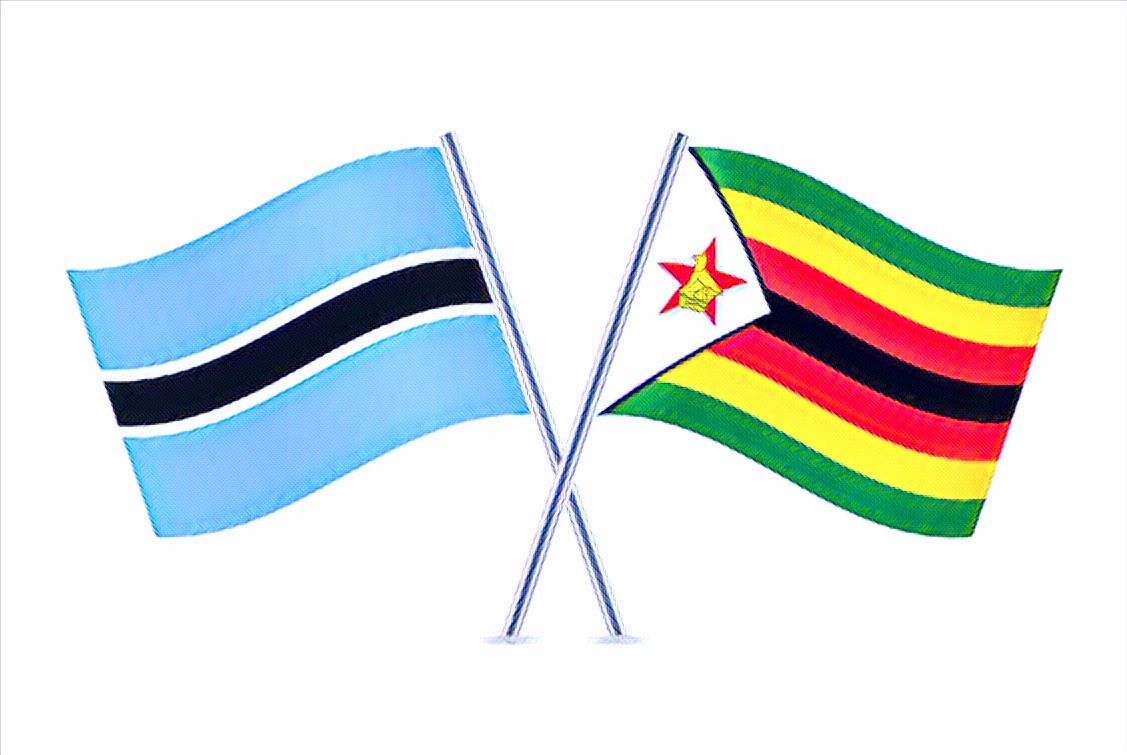Zimbabwe and Botswana have agreed to scrap passport requirements for citizens traveling between the two countries, paving the way for seamless movement of people and goods. The two leaders announced the decision after attending the Kusi Ideas Festival in Botswana on Wednesday.
The festival, co-hosted by the Nation Media Group of Kenya and the Government of Botswana, was a platform for African leaders, experts, and interest groups to discuss the implementation of the African Union’s Agenda 2063, a blueprint for the continent’s development and integration.
President Emmerson Mnangagwa of Zimbabwe and President Mokgweetsi Masisi of Botswana said they would instruct their relevant departments to ease the constraints of movement between their two countries, which share a 500-kilometre long border.
“It should be enough for someone having an identity card to cross into Zimbabwe or cross into Botswana, so this is what we are going to do. He has undertaken to talk to his ministers to facilitate that; I will do the same in Zimbabwe to make sure we facilitate the movement of Zimbabweans and Batswana between the two countries without any constraints except one’s ID (identity document),” Mnangagwa told Zimbabwean journalists.
Masisi said he hoped that Zimbabwe would be the second country to have such an agreement with Botswana, after Namibia, which abolished the use of passports between Gaborone and Windhoek in April this year.
“We, on our part, have since April this year initiated an even easier movement between ourselves and neighboring Namibia, by which citizens of both nations are able to travel between the two countries using only their national identity cards as a travel document. This has clearly reduced the burden of acquisition of passports for travel to either country. It is our hope that with time this will become a feature of the subcontinent and eventually the continent as a whole,” Masisi said.
The passport-free travel initiative is in line with the African Continental Free Trade Area (AfCFTA), a free trade agreement that covers 55 African countries and aims to create a single market for goods and services, as well as facilitate investment and the movement of people and capital across the continent.
According to the World Bank, the AfCFTA has the potential to lift 30 million people out of extreme poverty and to raise the incomes of 68 million others who live on less than $5.50 per day. However, the agreement also requires significant policy reforms and trade facilitation measures to reduce all trade costs and enhance competitiveness.
Mnangagwa and Masisi also called for removing Western sanctions imposed on Zimbabwean officials, saying they were hindering the country’s economic recovery and development.
The two leaders expressed their commitment to strengthening trade and investment ties between their countries and cooperating on regional and continental issues of mutual interest.
The Kusi Ideas Festival, which was launched in 2019 as part of the Nation Media Group’s 60th anniversary celebrations, will be held annually in different African countries to promote dialogue and innovation for the continent’s future.
Source: My Zimbabwe News


